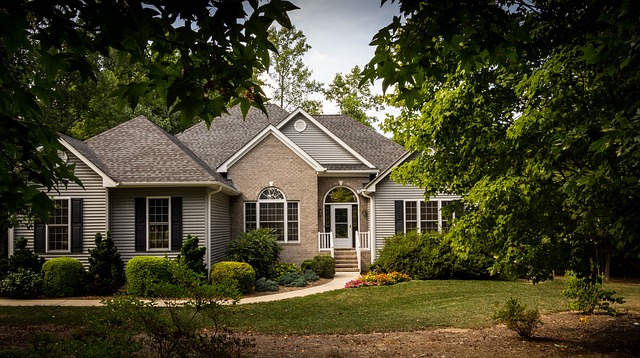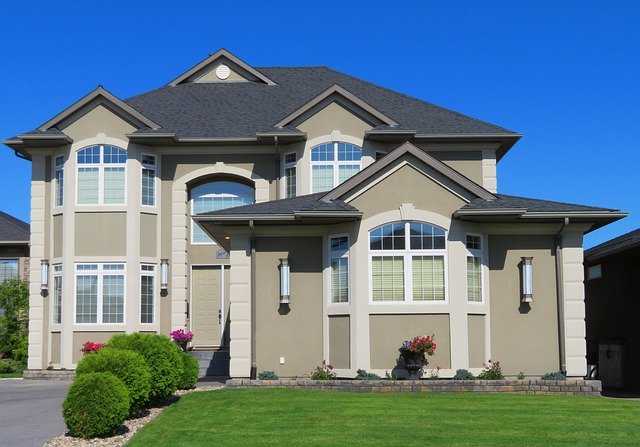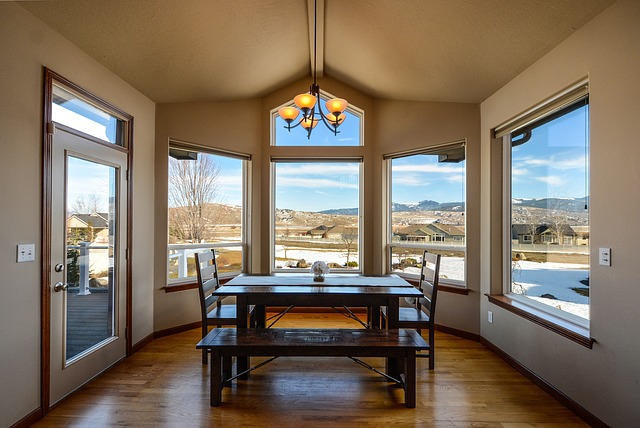When you want to improve your general fitness, you need to get out and exercise. If you want to be a successful property investor, you need to work at it. Here’s what you need to do to become property fit and become a successful property investor.
Mindset
Property is expensive: you generally must have the deposit to put towards the purchase price being 20%. Therefore, you will need to borrow money from the bank of up to 80%.
Here is the first shift in thinking. Don’t be scared of debt; it can be your friend if managed correctly when you’re a property investor. I agree that some debt is bad like credit card debt, short term loans for cars and holidays. However, good debt is applied to gain leverage in a solid performing asset like property.
Deposit
Work hard and save, save, save. There is really no other solution to getting a deposit together which amounts to about 20%of the purchase price. If you’re earning $45,000 after tax, you should be able to put aside at least $20,000 per annum, which means in five years you will have accumulated at least $100,000. If you have a partner, that’s a combined $200,000 that can be used as a deposit on your first property. Real Good Agents can help you get leads.

Bank
This is the most important partnership in your quest to become a fit property investor. You will generally only have a 20% deposit of the purchase price, therefore, you will be asking your banker to lend you 80%. You need to convince your banker that you have a track record of steady employment and saving so they will feel confident in lending you the money, knowing you have a culture of saving and working and being able to make the monthly mortgage payments.
Establish a team
As a property investor, your team should be made up of a banker (assist with finance), real estate agent or buyers’ agent (assist with buying and managing property), lawyer (assist with purchase contracts), quantity surveyor (assist with depreciation write-offs) and accountant (assist with tax and structures and cash ow with tax savings). Negotiate on the purchase price of a property but don’t skimp on the costs of the services of your team. If you don’t get the right advice it could cost you thousands.
Research
Not all markets and properties perform the same. You need to understand how demand and supply works and look for areas that are in high demand with low supply. These are areas where the bulk of people want to reside, they are usually close to the centre of major cities with transport links, good schools and shops.
You will need to meet with your accountant before you exchange a contract so that he or she can explain how negative gearing will impact your cash flows. Tree Trimming and Removal
Find the right manager
Once you have settled on the property, you need to secure ongoing cash flow by sourcing the right tenant and ongoing management of the property. The best property manager will manage your property on your behalf to ensure rents are collected on time, minor repairs and complaints are handled on your behalf giving you peace of mind.
This is general advice. Seek advice for your particular situation before acquiring an investment property to see if it will suit your current nancial situation.

